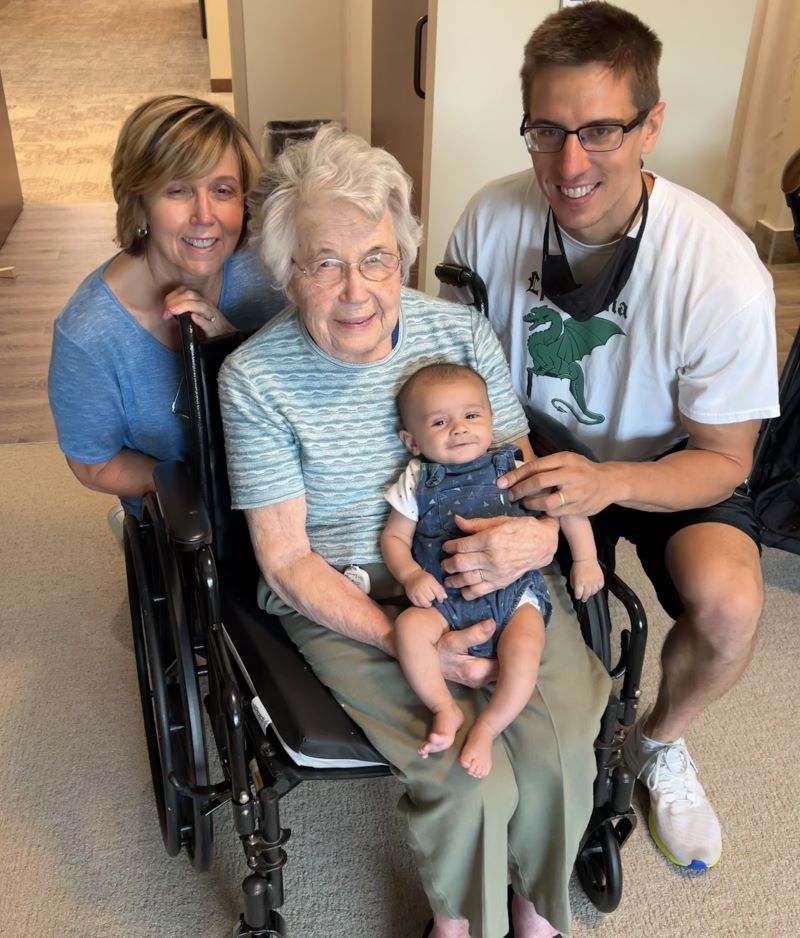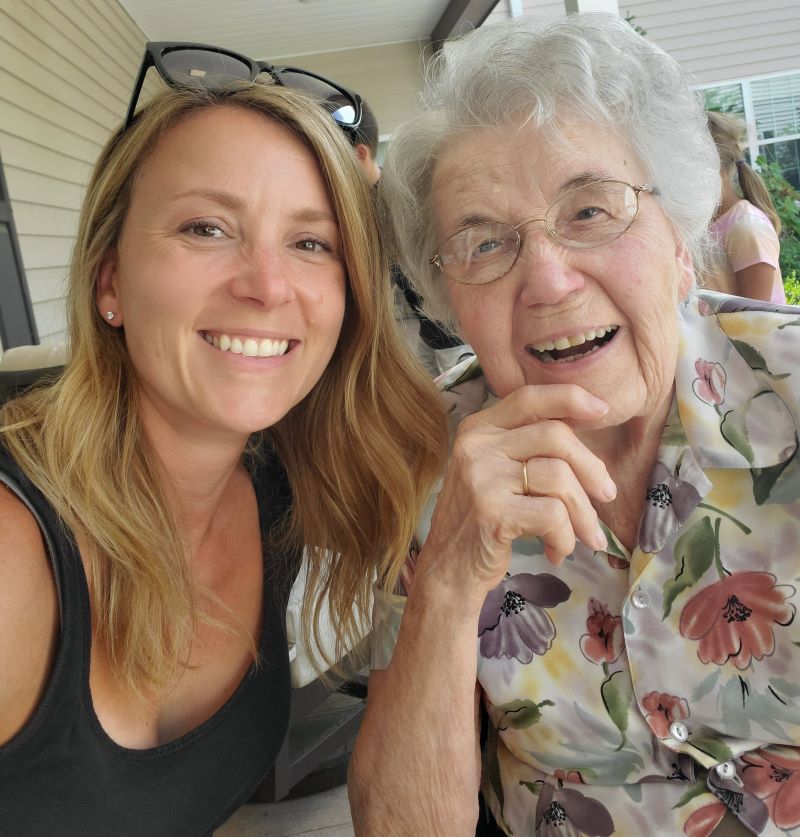The Power of Connection: Intergenerational Socialization in Assisted Living
April 30, 2024
In the serene setting of The Preserve Assisted Living, where the gentle hum of daily life intertwines with moments of reflection and connection, intergenerational socialization emerges as a source of hope and healing for our residents and their young family members. Amidst the challenges of memory loss and cognitive decline, these interactions offer a precious opportunity to bridge the gap between generations, fostering moments of joy, understanding, and cherished memories.

For memory care residents with dementia or other Alzheimer’s disease-related diagnoses, engaging with their young family members holds profound emotional and cognitive benefits. Despite the challenges posed by their condition, these interactions ignite sparks of recognition and connection, evoking memories of parenthood, grandparenthood, even great-grandparenthood and the bonds of love that transcend the limitations of memory. Whether through shared activities, storytelling, or simple moments of companionship, these interactions offer a sense of purpose and belonging that transcends the confines of dementia, infusing their lives with moments of joy and fulfillment.

Conversely, for young family members, spending time with their elderly relatives offers valuable lessons in empathy, compassion, and the resilience of the human spirit. Through these interactions, young minds learn to embrace the beauty of the present moment, cherishing every smile, every laugh, and every fleeting memory shared with their loved ones. Moreover, the bond formed between generations serves as a source of comfort and reassurance, providing a stable foundation of love and support that withstands the test of time.
.jpg)
Beyond the emotional benefits, intergenerational socialization fosters cognitive stimulation and social engagement for assisted living and memory care residents. Activities such as music therapy, art therapy, and reminiscence sessions offer opportunities for mental stimulation, creativity, and connection. Moreover, these interactions promote a sense of community and belonging, fostering a supportive environment where residents can thrive and flourish in the midst of their journey with dementia.
.jpg)
In conclusion, the value of intergenerational socialization between residents in assisted living settings and their young family members cannot be overstated. Through the timeless exchange of love, laughter, and cherished memories, these interactions enrich the lives of all involved, offering moments of joy, connection, and healing that transcend the boundaries of age and memory. As we bridge the gap between young and old, we celebrate the enduring bonds of family and honor the resilience of the human spirit in the face of adversity.